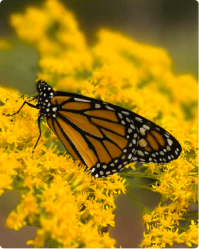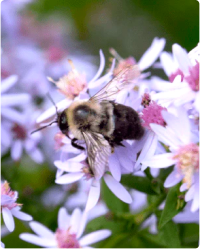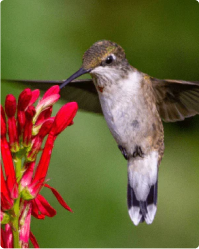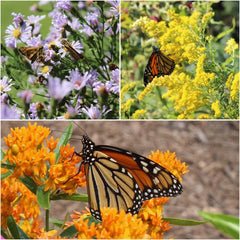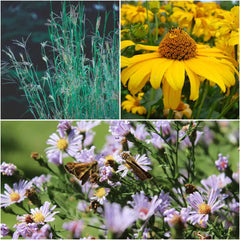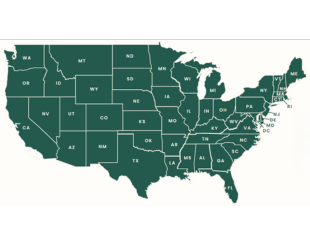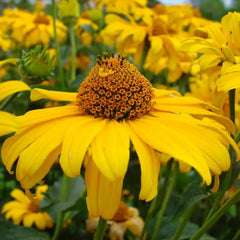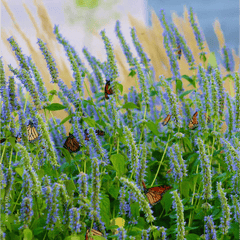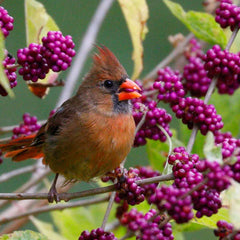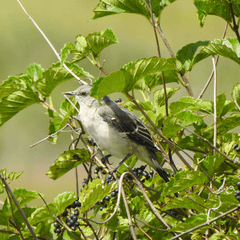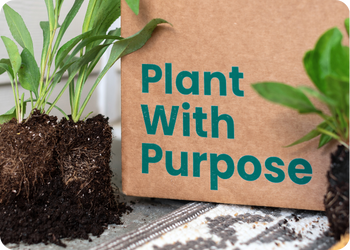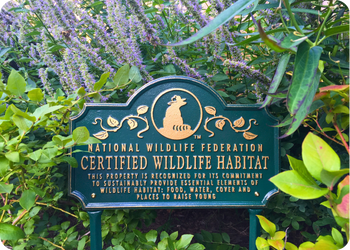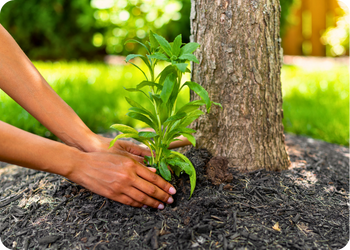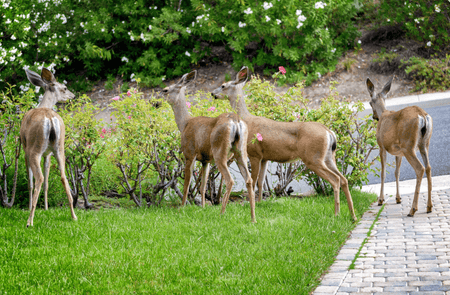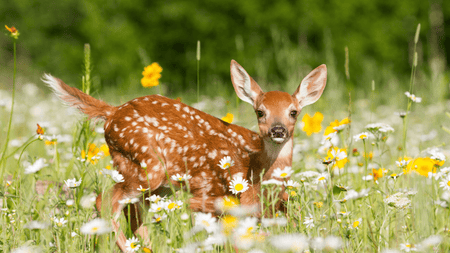Dog-Friendly Native Plant Gardening

Are native plants toxic to dogs?

In general, native plants tend to be safe for pets. However, there are some native plants that can be toxic to household pets if ingested. While these native plants are great for wildlife like butterflies, birds and bees, they may need to be avoided by your pets.
It's important to research the specific native plants that you plan to bring into your home or garden and ensure that they are safe for your pets. The ASPCA (American Society for the Prevention of Cruelty to Animals) has a list of toxic and non-toxic plants that is a good resource for pet owners.
In addition, it's always a good idea to supervise your pets when they are in the presence of plants and to discourage them from chewing on any plant material. If you have concerns about the safety of specific plants or if you suspect that your pet has ingested a toxic plant, you should contact your veterinarian immediately.
Dog-Friendly Native Plants
There are many native plants that are safe for dogs to be around. With a little planning and the right mix of plants, homeowners can design a haven not only for wild animals, but for pets as well.
Here are some examples of dog-friendly native plants:
- Black-eyed Susan (Rudbeckia hirta)
- Bee balm (Monarda spp.)
- Coreopsis (Coreopsis spp.)
- Coneflower (Echinacea spp.)
- Goldenrod (Solidago spp.)
- Honeysuckle (Lonicera spp.)
- Liatris (Liatris spp.)
- Wild rose (Rosa spp.)
It's important to note that even safe plants can cause problems if ingested in large quantities. It's always a good idea to supervise your dog when they are around plants and to discourage them from chewing on any plant material.
Milkweed & Dogs

Milkweed sap is toxic to animals, including pets and horses, if consumed in large quantities. The plant contains a substance called cardiac glycosides, which can cause vomiting, diarrhea, difficulty breathing, seizures, and even death in severe cases.
If you have milkweed plants in your garden and you have a dog, it's important to take precautions to keep your pet safe. You can keep your dog away from the plants by using a fence or barrier to prevent access. You can also supervise your dog when they are in the garden and discourage them from chewing on any plant material.
Again, if you have concerns about the safety of specific plants or if you suspect that your dog has ingested a plant that may be toxic, you should contact your veterinarian immediately.
How to Deter Dogs from Garden
There are several ways to keep a dog away from a native plant garden:
- Use physical barriers: You can use physical barriers such as fences, trellises, or netting to keep your dog away from your garden. This is a good option if your dog is persistent or has a history of destroying plants.
- Train your dog: You can train your dog to stay away from your garden by teaching them commands such as "leave it" or "stay". Positive reinforcement training is a great way to teach your dog these commands.
- Use repellents: You can use natural or chemical repellents to deter your dog from entering your garden. For example, you can use a citrus spray, vinegar, or cayenne pepper around the edges of your garden.
- Provide an alternative space: You can create an alternative space for your dog to play and relax in. This could be a designated area of your yard that is away from your garden.
- Supervise your dog: Supervising your dog when they are outside is always a good idea. This will allow you to redirect them if they get too close to your garden.
Remember, it's important to keep your dog safe and happy while also protecting your native plant garden.
Pesticides, pets and plants
When gardening for wildlife, it is always a good idea to stop the use of pesticides and baits, and it is doubly important when you own pets that roam outside. Going chemical-free ensures that your garden is a healthy, safe place for wildlife as well as your pets and family. If you must resort to chemicals on tough cases such as removal of invasive exotic plants or some other out of control infestation, use the most targeted product that breaks down quickly in the environment, and always read and follow the labels exactly. Non-chemical, organic gardening practices in your garden or landscape are always the best option for wildlife.
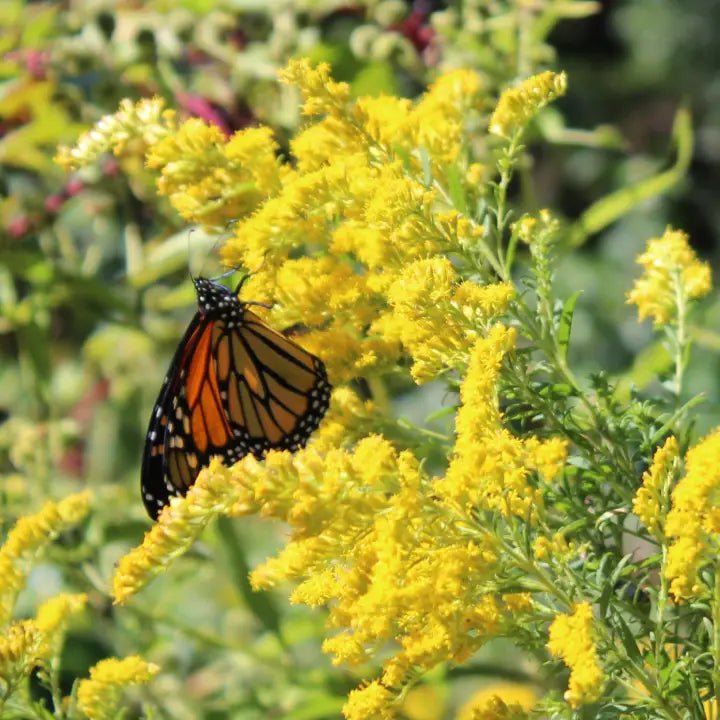
Find Native Plants by Zip Code
We took the guesswork out of planting native. Check your zip to see what ships!
